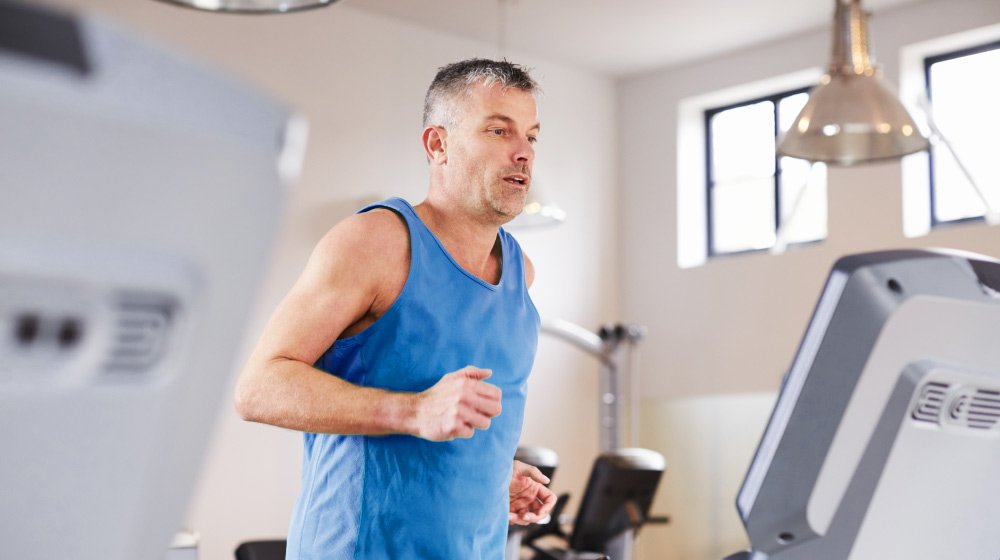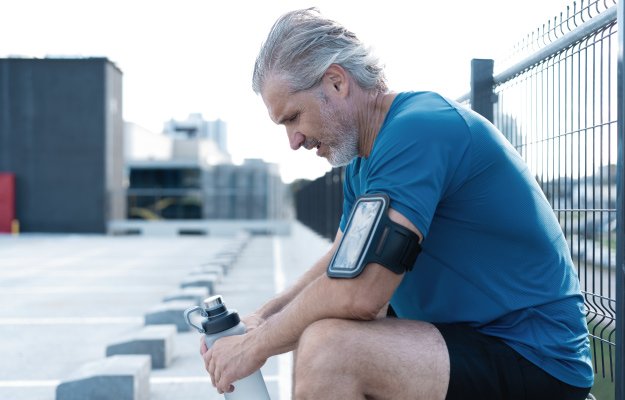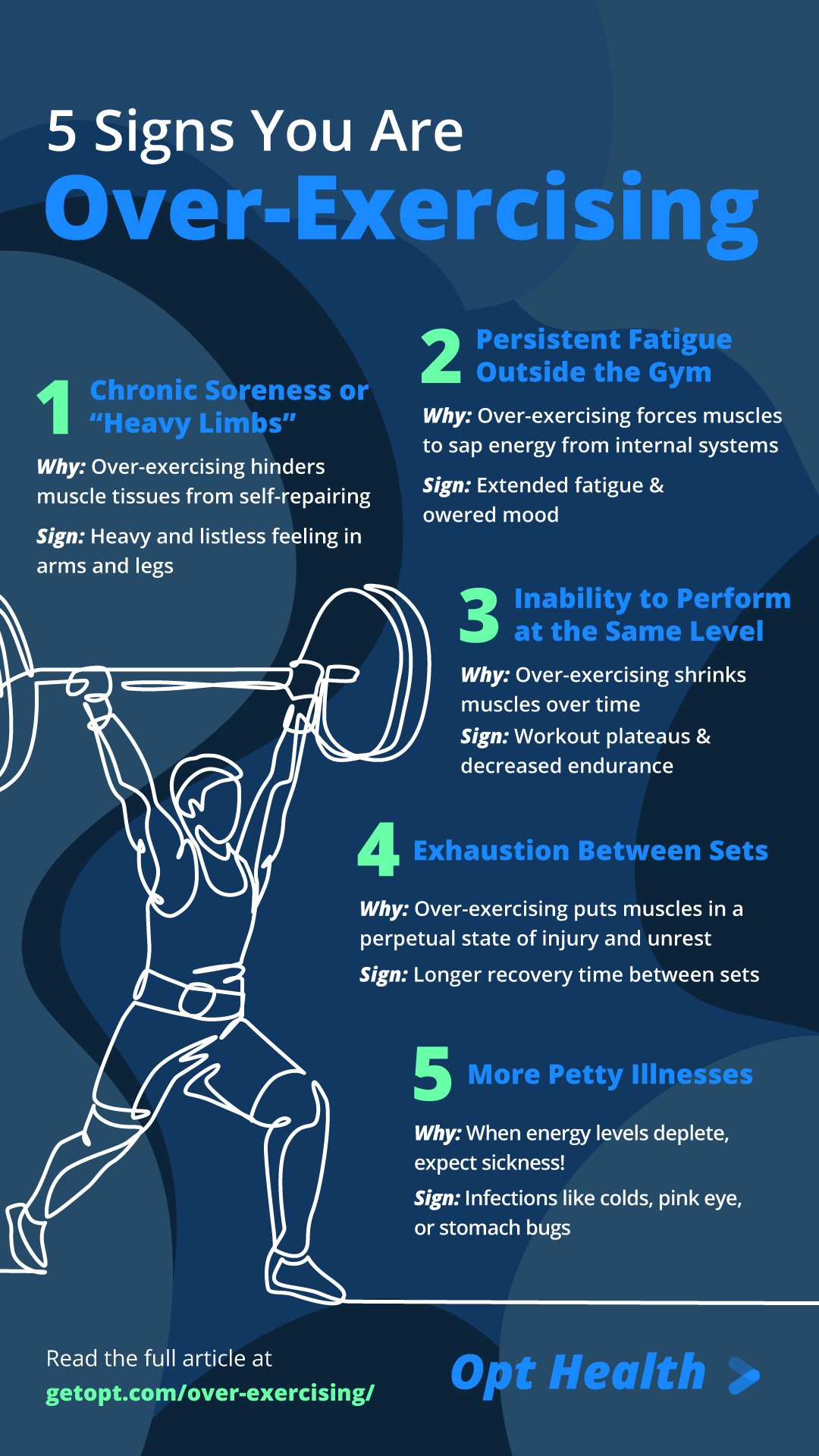
Health Hormone Health

Most of us rely on our workout as a source of energy, health, and heightened aesthetic appearance too. The feeling of wellness and strength are worth the toil and time spent at the gym, so we push ourselves to do it. But can we push ourselves too much?
It is possible to exercise beyond our bodies’ ability to recover between workouts and when we do, we risk a glut of threats to both our physical and mental health.
All fitness training is a combination of exertion and rest. As we notice improvements in our fitness, it is tempting to raise the stakes – to pile on more exercise to gain more of the positive benefits we’re seeing. More is more, right? Not always.
Inadequate rest and recovery will undermine your fitness by preventing your body from healing and preparing for the next workout. Overtraining is a primary cause of plateaus and injuries in the gym, stopping your fitness goals in their tracks.
How can you tell if you’re over-exercising? We’ve compiled a list of some of the tell-tale signs and what you can do to move past these symptoms and conditions.
Chronic muscle fatigue not only produces plateaus, but also can result in backward motion in your strength and endurance. Working out too much leaves muscles weak and unready for their next task, including the next workout. Persistent overtraining leaves the muscle in shock invoking survival mechanisms that actually shrink the muscle over time.

Increased recovery time between sets is a sign of overtraining. Well-conditioned muscle tissues expands and contracts naturally and comfortably. Weight training works by covering the muscle in tiny micro-tears, which is a temporary ‘injury’ from which the muscle recovers, causing growth and strength. Absent sufficient rest, overtraining leaves muscles in a perpetual state of literal injury resulting in weakness and exhaustion.
When overtraining leaves muscles perpetually strained, the fatigue extends far beyond rest periods between sets. The chronic state of shock in which overtraining keeps your muscle tissue saps energy from all your internal systems, taxing your normal energy and reducing your mood.
Too much exercise stops your muscle tissue from repairing itself between workouts, producing chronic soreness and “heavy limbs”, a condition in which arms and legs are so weakened by continual overwork that they feel unusually heavy and listless.
With your body’s energy levels depleted and your shock-driven muscle tissue sapping energy from every vital center in the body, expect sickness! Overtraining leads to increased instances of petty infections like colds, pink eye, mononucleosis, stomach bugs, and intestinal issues. If you seem to always be fighting some small sickness, you may be over-exercising.
Fitness should be fun and should increase your health, not damage it. If you find yourself over-training compulsively, this can be a serious threat to your health. It happens to a lot of healthy people – the pressure to compete and to show that gym body can lead to an imbalance in how we see our fitness. Watch for these signs of compulsive overtraining and body image dysphoria:
Any of these show an intensive outlook toward working out and may border on exercise compulsion. Remember that rest if the part of fitness that enables the exertion – under-resting will undermine your fitness and your health. If you’re struggling, don’t give in to these thoughts – discuss them with a friend, trainer, or doctor. Discussing your fitness with a doctor in a discrete setting has never been easier.

Opt Health is a telehealth platform that reconnects men with wellness, fitness, strength, and sexual vitality through scientific preventive medicine. From your own home, you can schedule with a physician, meet one-on-one via video conference, receive test results, and have medications delivered to your door.
For questions, inquiries, or appointments, don’t hesitate to contact us. Get personalized support and insight from top-tier physicians available 24/7.
Your health, your terms. Discover how personalized care can transform not just the way you feel, but how you live.